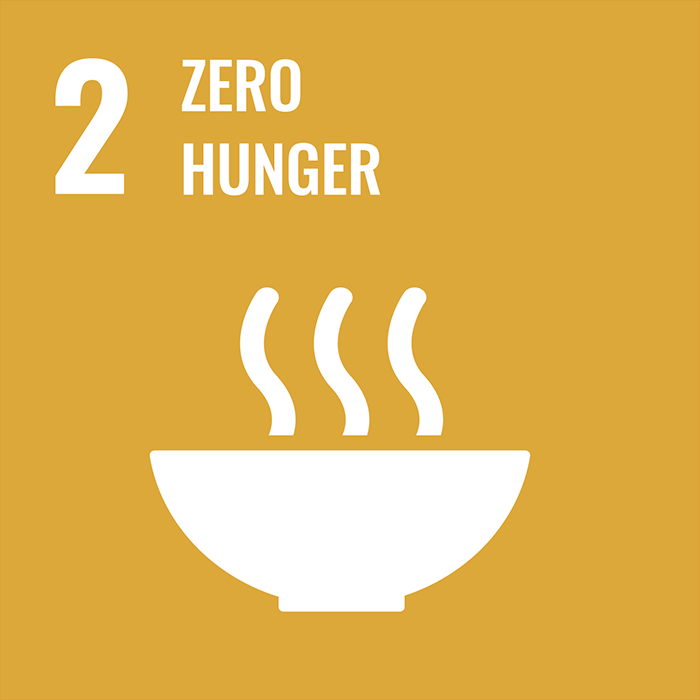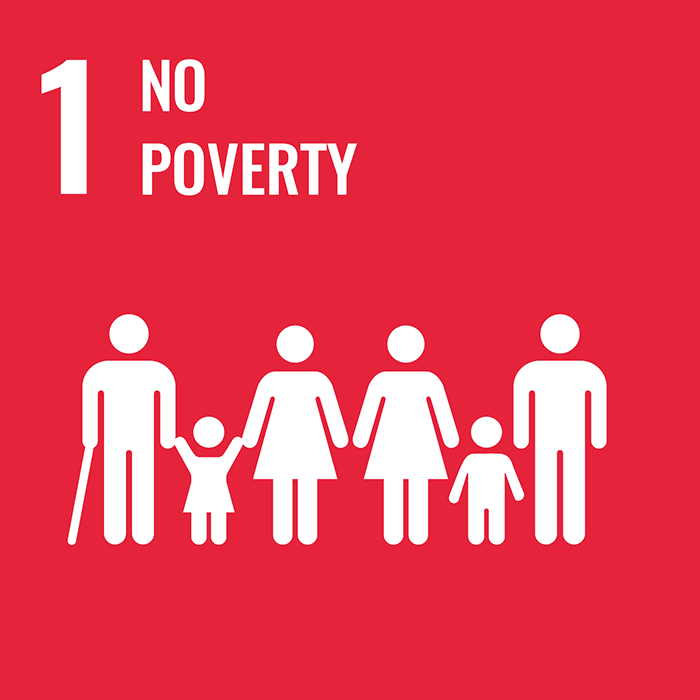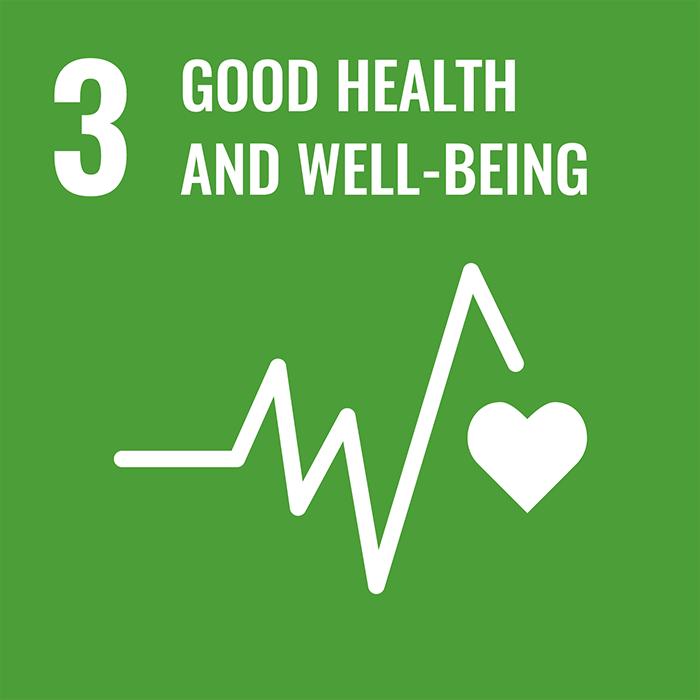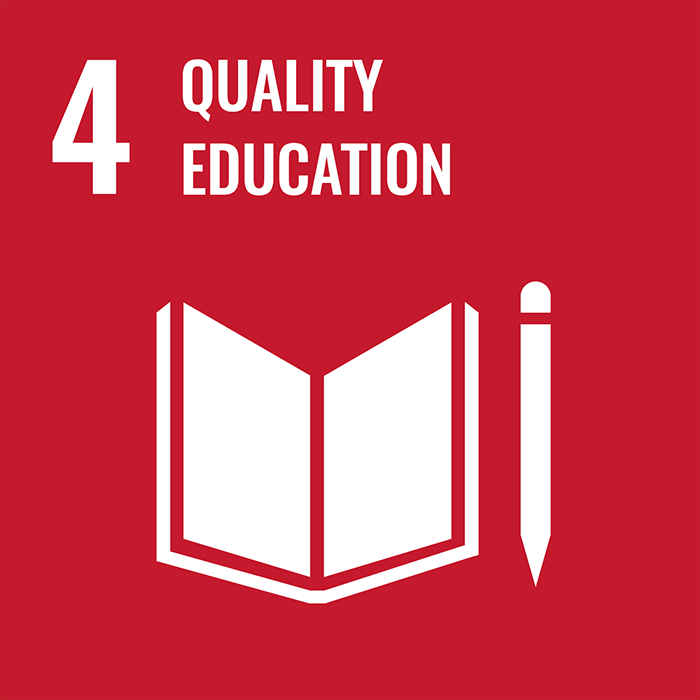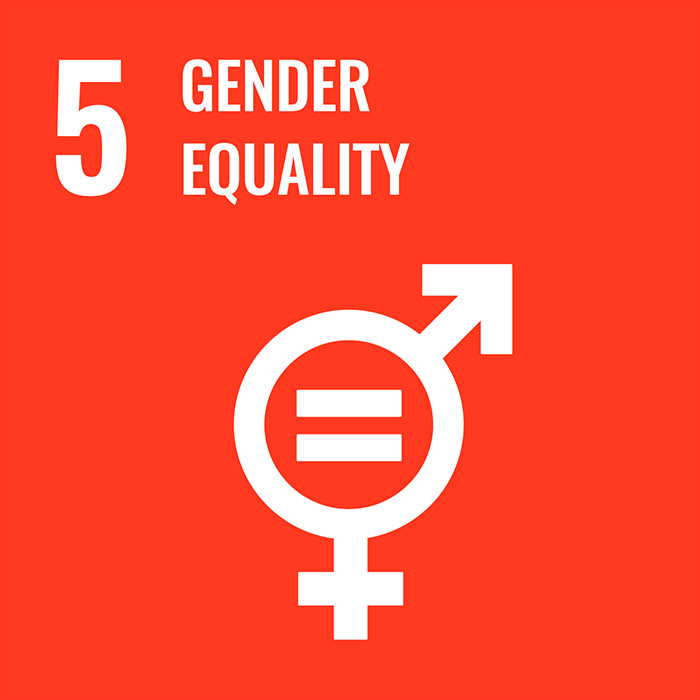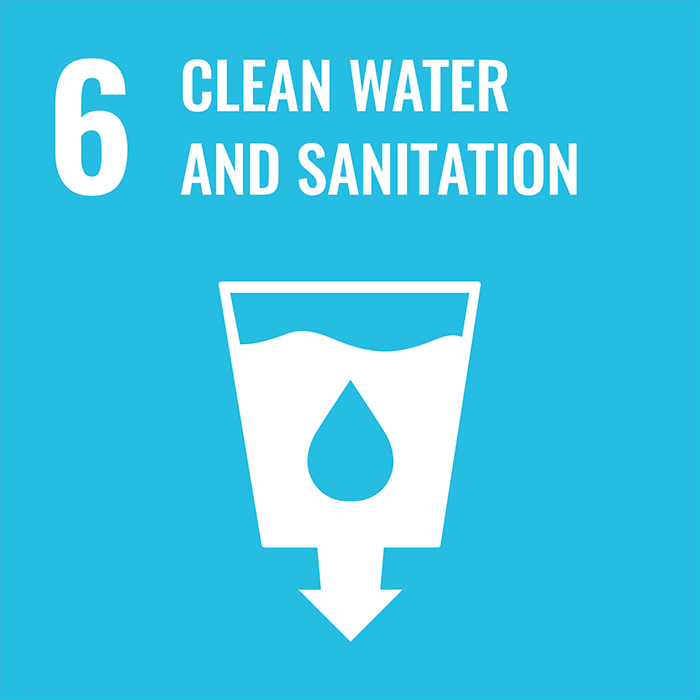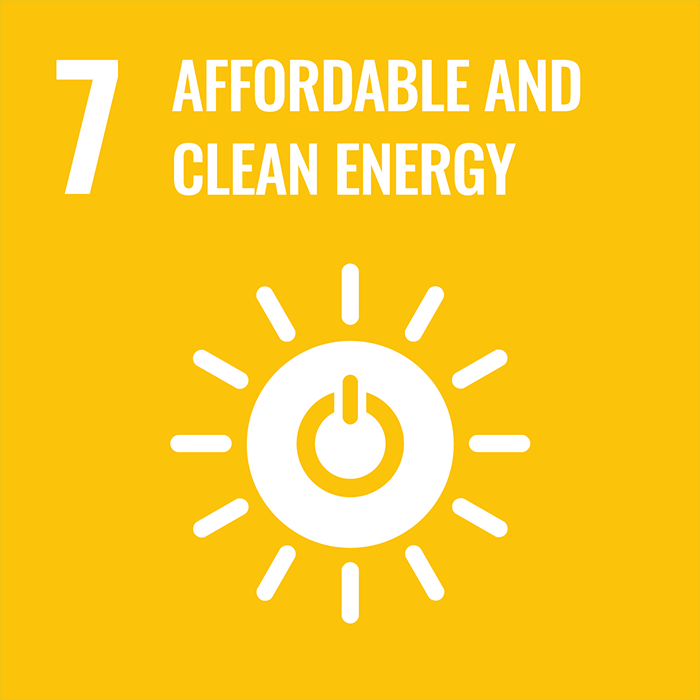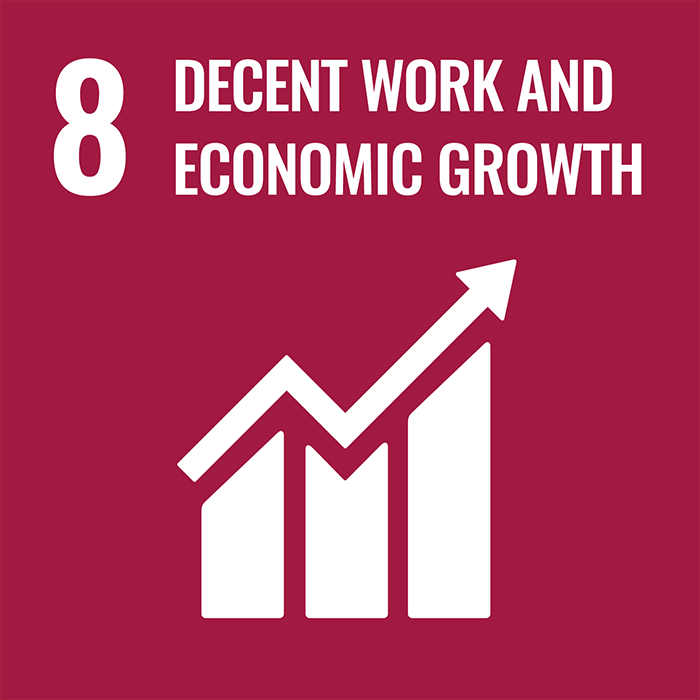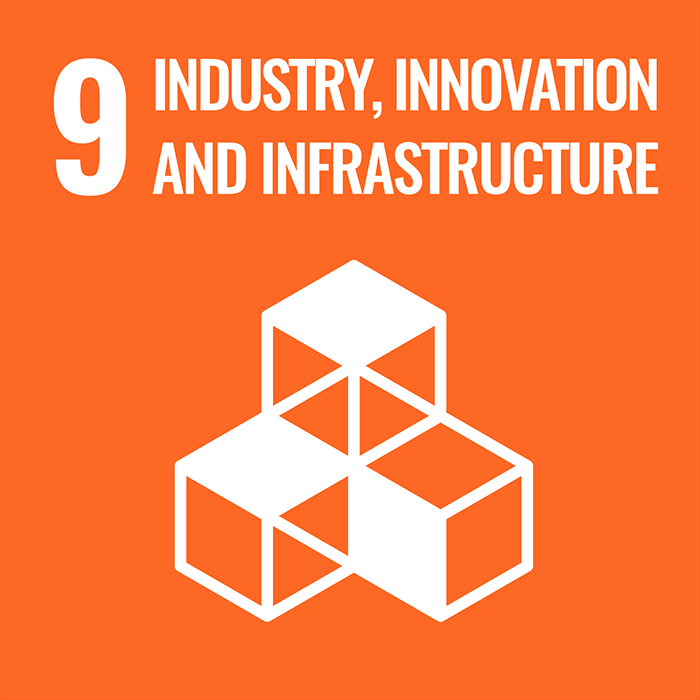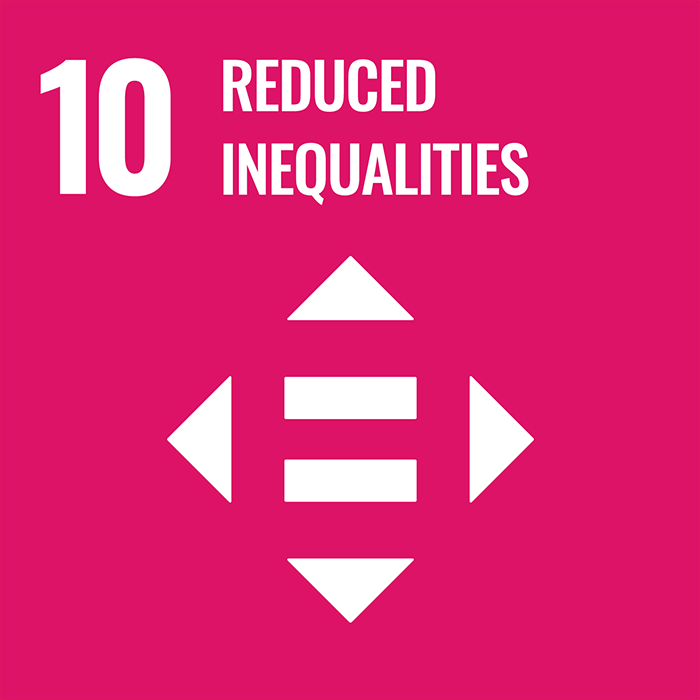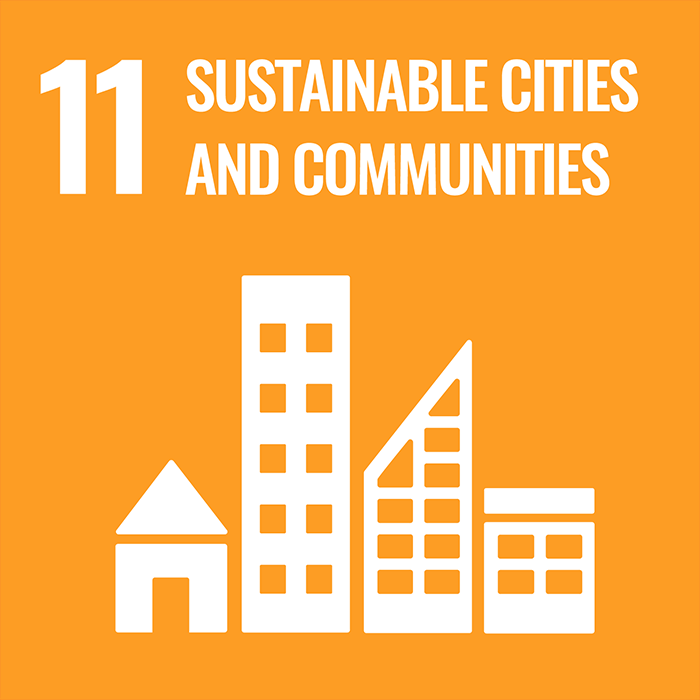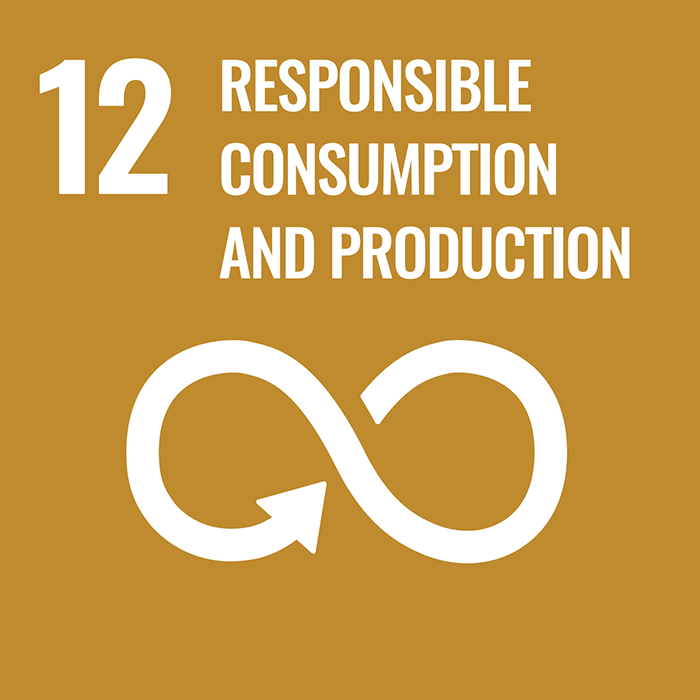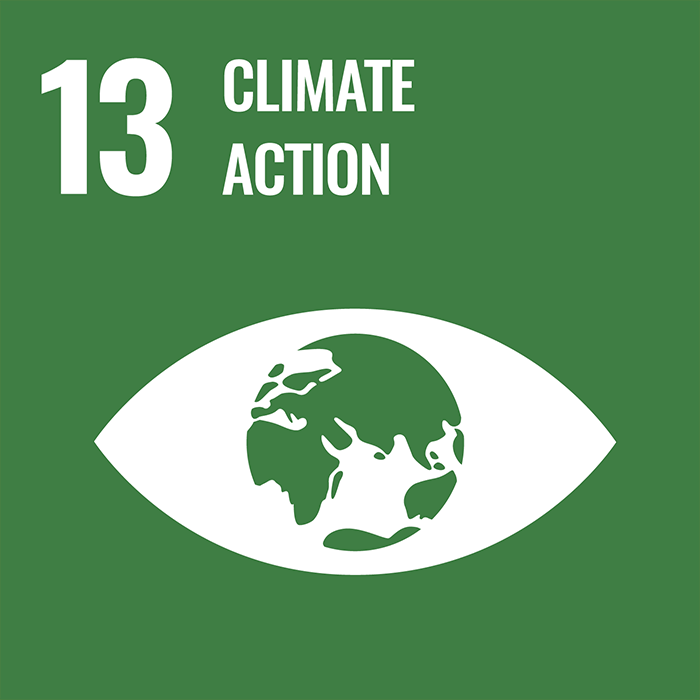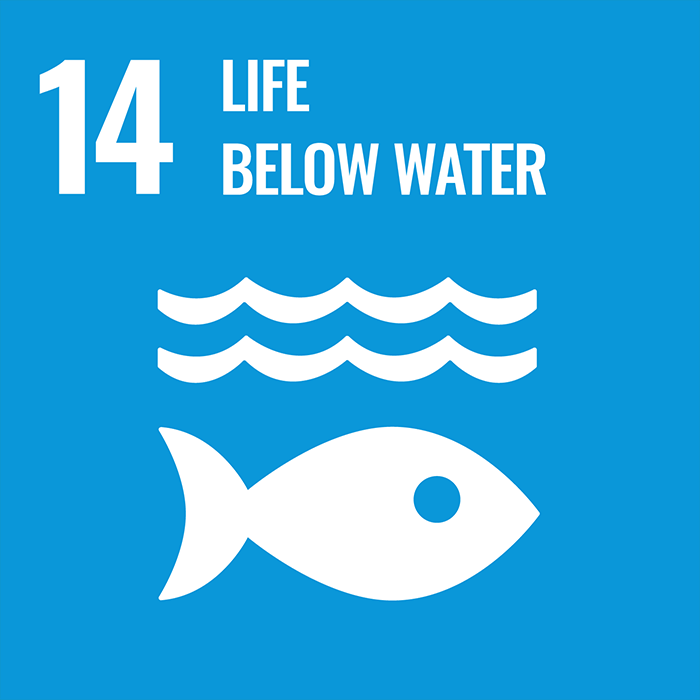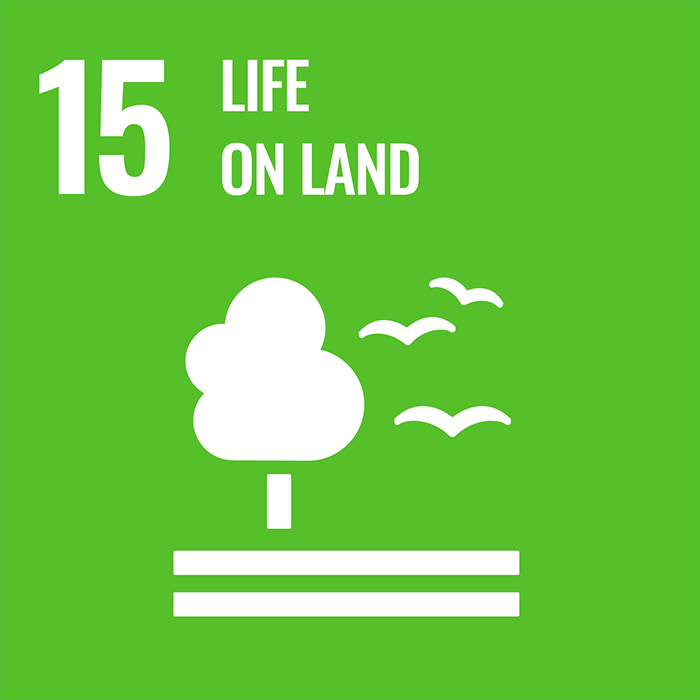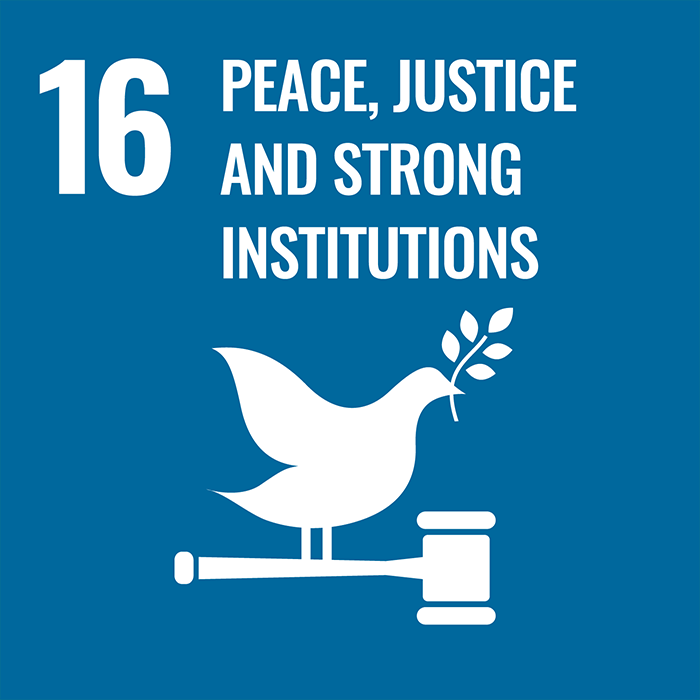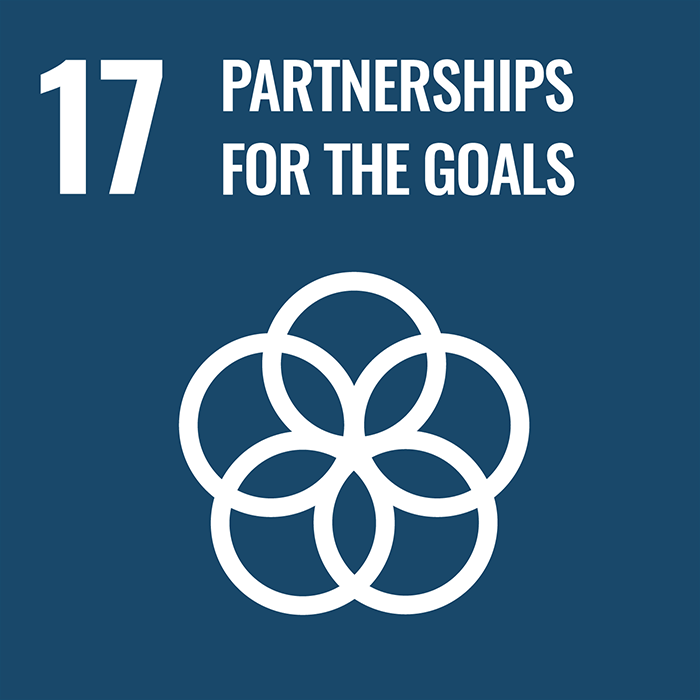UN SDG 2: Zero hunger
End hunger, achieve food security and improved nutrition and promote sustainable agriculture
Our research

In this century, food security and the need to develop sustainable agriculture will become dominant issues affecting the whole world. The global population is projected to increase dramatically from 7 to 9 billion in the next 30 years, causing an unprecedented demand for food and increased pressure on land.
The Scottish Alliance for Food (SCAF) launched in August 2023, brings together different perspectives from social, natural, formal & applied sciences and arts & humanities to understand and address the complexity of food systems, helping bridge the gap between food producers, scientists and consumers.
The alliance promotes an environment of collaboration and shared responsibility to formulate and tackle critical emerging research questions linked to how to build a better food future for all, addressing the combined imperatives of improving health, sustainability and equity. Developing greater visibility of the food research and innovation capacity in Scotland is vital. SCAF showcases best practices, know-how and expertise, capitalising on the shift to Scotland becoming a Good Food Nation and emerging funding opportunities in that space, within and beyond Scotland. SCAF is centred around four key research themes: Mapping the food system; Innovation-led food systems research; Culture, heritage & behaviour; and Food security, environment & community.
A new report released by the World Health Organisation Regional Office for Europe reveals alarming disparities in the health of young people across the region, with those from less affluent families disproportionately affected.
Dr Jo Inchley from the University’s MRC/CSO Social & Public Health Sciences Unit was the International Coordinator of the Health Behaviour in School-aged Children survey from 2015 to 2024. The survey monitors the health behaviours and social environments of almost 280,000 boys and girls aged 11, 13 and 15 years from 44 countries in Europe and Central Asia.
The report reveals a concerning link between socio-economic status and unhealthy dietary habits, with adolescents from lower-income families more likely to consume sugary drinks and less likely to eat fruits and vegetables daily.
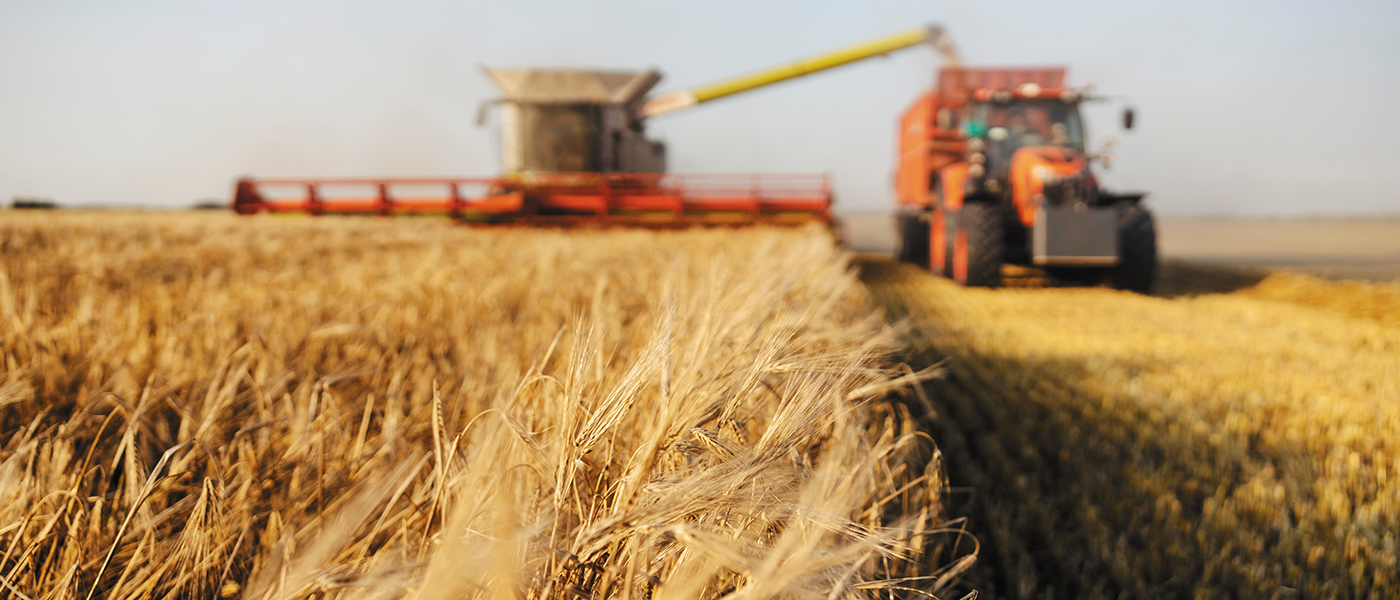
The Scottish Alliance for Food aims to understand and address the complexity of food systems, helping bridge the gap between food producers, scientists and consumers.
Learning & teaching

Our Food Security postgraduate programme offers a comprehensive education in food security, delivered by experts in diverse fields. It covers key topics such as demographic, social and economic issues, the challenges of sustainable agriculture and the factors influencing food production from both crops and animals. Accredited by the Royal Society of Biology, it helps fulfil the academic requirements for Membership and Chartered Biologist status. Students gain hands-on experience through guest lectures, site visits and practical laboratory work in molecular biology and genetic modification. The programme also emphasises technology transfer, commercialisation and investigative project work, fostering critical thinking and the ability to integrate information from various sources.
Find out more
University operations

Cochno Farm is a 200-hectare research farm located near Clydebank. It plays a key role in supporting the University’s School of Biodiversity, One Health & Veterinary Medicine. The farm is integral to teaching, research and innovation in agricultural sciences, offering a hands-on learning environment for students studying veterinary science, agriculture and related disciplines.
The farm is home to a variety of livestock, including sheep, cattle and pigs, which are used for practical demonstrations and research into animal health, nutrition and welfare. Cochno Farm also has a wide range of crop production, which supports studies in sustainable agriculture, land management and food security. The farm’s research focuses on improving agricultural practices, with particular emphasis on sustainability, biodiversity and animal health.
Students at the University benefit from access to Cochno Farm for fieldwork and research projects, gaining practical experience that complements their academic studies. In addition, the farm collaborates with industry and government bodies, making it a hub for knowledge transfer and innovation in agriculture and veterinary science. Cochno Farm’s resources and expertise contribute to advancing agricultural research and education, promoting sustainable farming practices in Scotland and beyond.
Find out more
Civic engagement

The University’s Mary’s Meals Society aims to raise awareness and funds for Mary’s Meals, a Scottish-based charity dedicated to providing a daily school meal to some of the poorest children in the world. The University society runs a number of events each year, including an annual ceilidh, bake sales, raffles and Burns’ nights to help fundraise for the charity. In Malawi, Zambia and Zimbabwe, Mary’s Meals serves children steaming mugs of vitamin-enriched porridge, helping them to learn and grow. The University society’s Porridge Week, where members eat only porridge, beans and rice for a week as these are the staple foods that Mary’s Meals provide, raised over £950 this year, enough to feed 49 children for an entire year.


